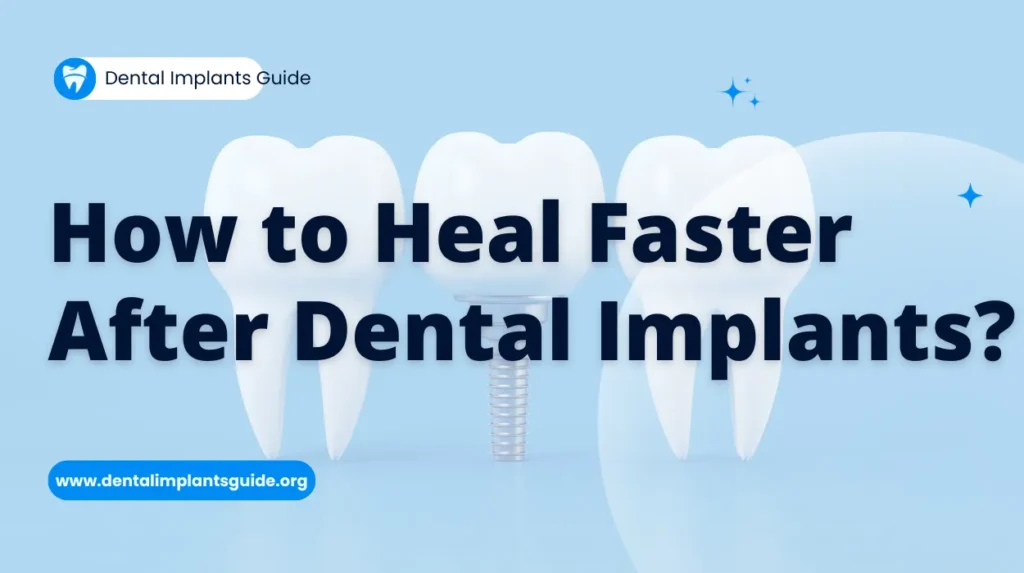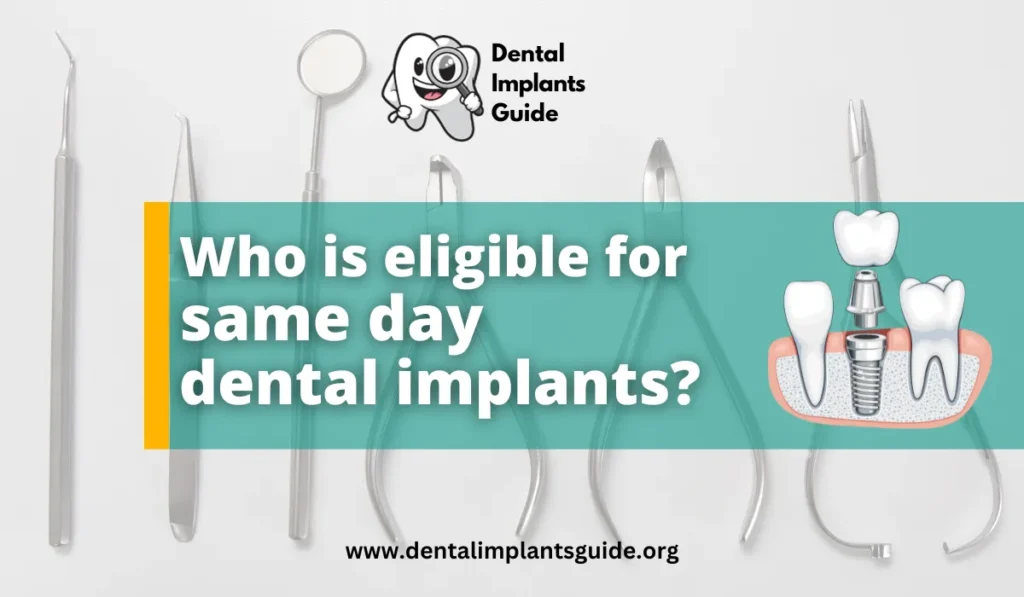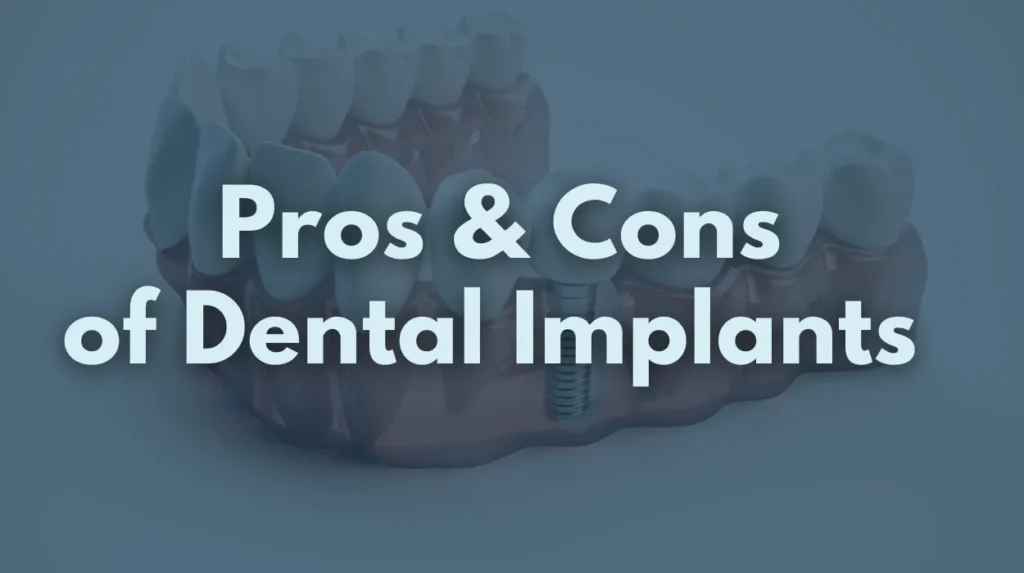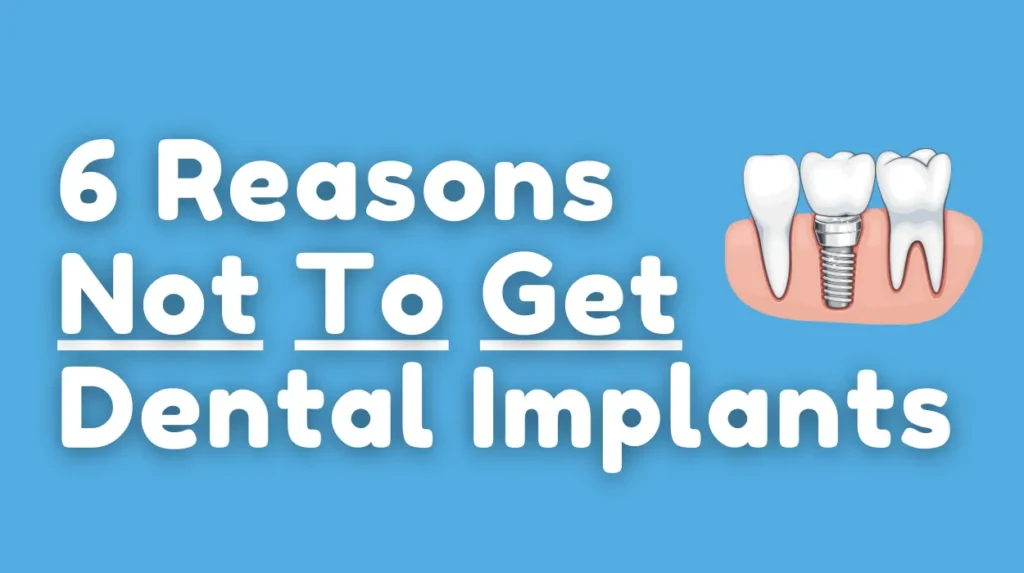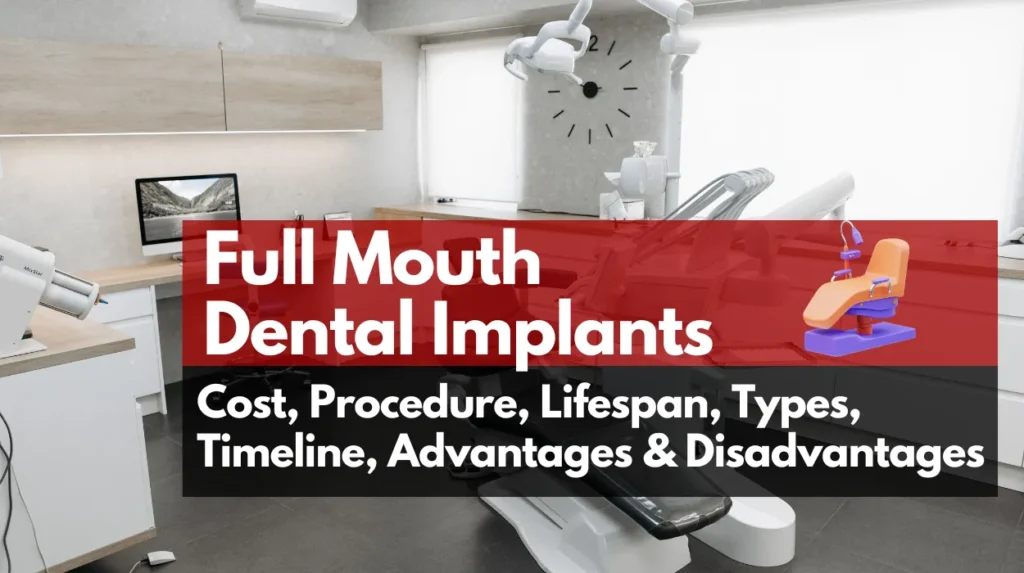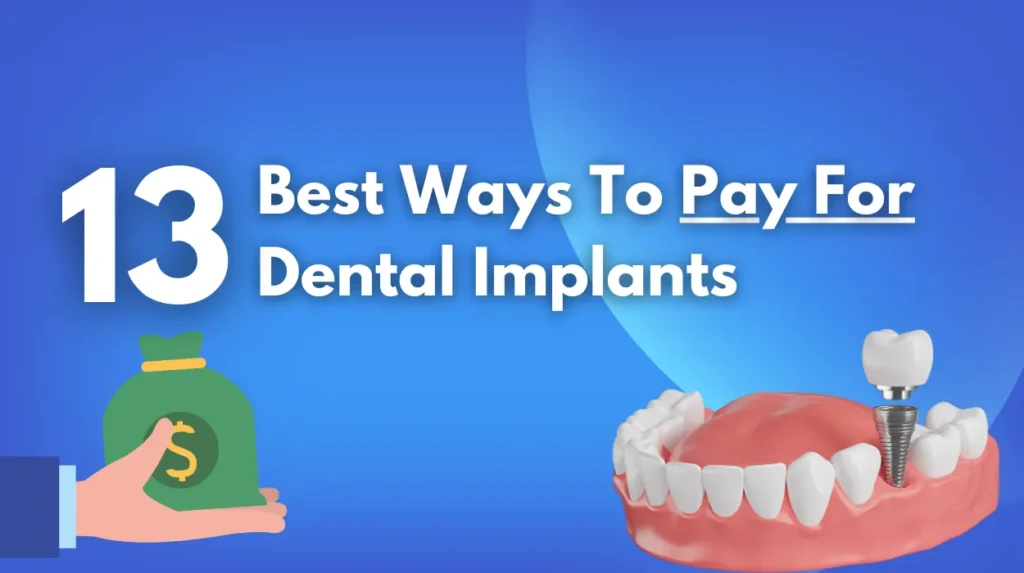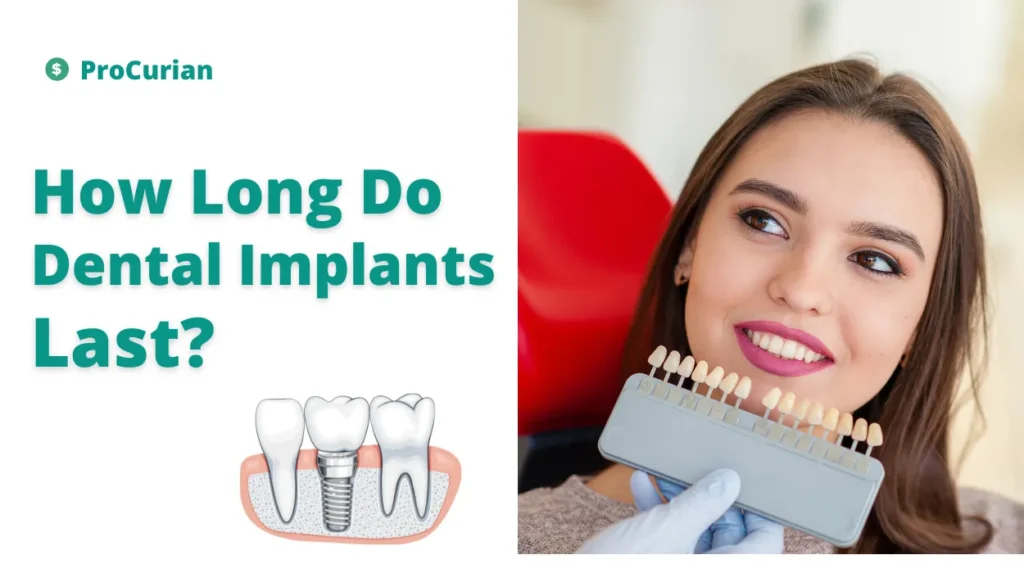
Hello there, dear readers! Today, we will discuss an important topic for anyone considering or who has recently had a dental implant procedure.
While dental implants can significantly improve your smile and oral health, complications such as a perforated sinus can occur.
Don’t worry! we’re here to explain everything you need to know about the symptoms of a perforated sinus after a dental implant.
The Sinus and Its Role
To understand a perforated sinus better, it’s essential to know a bit about your sinus. Your sinuses are hollow air-filled spaces located within your facial bones, including your upper jaw, known as the maxillary sinus.
The maxillary sinus is located just above your upper molars, making it relevant to dental implant procedures.
What is a Perforated Sinus?
A perforated sinus, also known as a sinus perforation or sinus communication, occurs when there is an opening or hole between the oral cavity and the maxillary sinus.
In the context of dental implants, this means that during the implant placement procedure, the dentist accidentally punctures or creates a hole in the sinus lining.
Common Symptoms of Perforated Sinus After Dental Implant
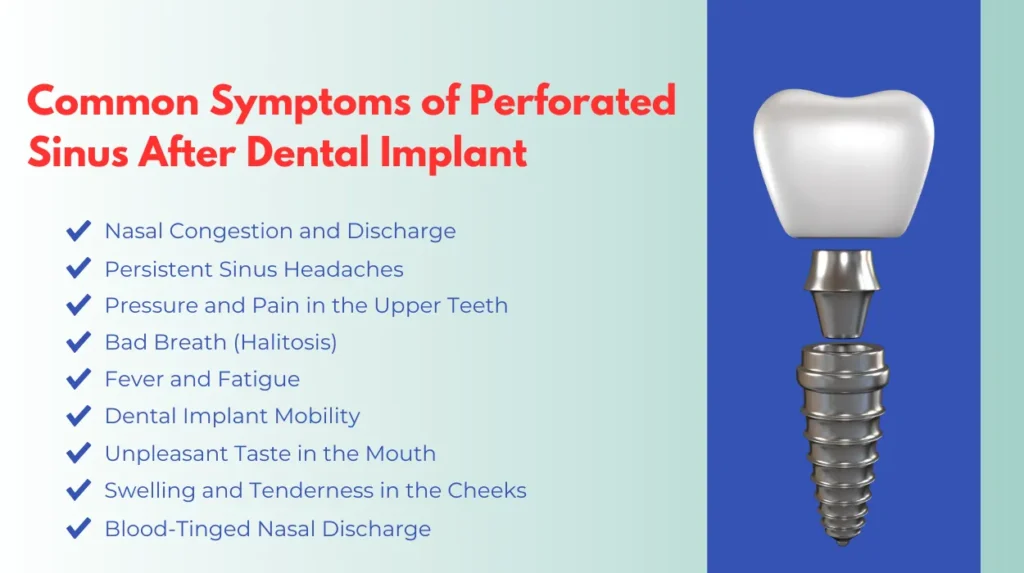
Now that we know what a perforated sinus is let’s discuss the symptoms you might experience if you have one. Remember, not everyone who undergoes a dental implant will develop a sinus perforation, but it’s essential to be aware of the signs just in case.
1. Nasal Congestion and Discharge
One of the most common symptoms of a perforated sinus is nasal congestion or a stuffy nose. You might also notice an unusual nasal discharge that could be clear, yellow, or even bloody. This happens because the hole in the sinus allows bacteria and other contaminants to enter, leading to an infection.
2. Persistent Sinus Headaches
If you develop a sinus perforation, you might experience persistent sinus headaches. These headaches can be quite uncomfortable and are often focused around the forehead, cheeks, and eyes. They tend to worsen when you bend over or lie down.
3. Pressure and Pain in the Upper Teeth
Another symptom to watch out for is pressure and pain in the upper teeth, particularly those near the implant site. This pain can be a dull ache or a sharp, throbbing sensation. It occurs because the sinus infection can put pressure on the adjacent teeth and surrounding bone.
Related Article: 12 Possible Side Effects of Dental Implants
4. Bad Breath (Halitosis)
An unpleasant symptom that may develop is bad breath, medically known as halitosis. The presence of infection and bacteria in the sinus can lead to foul-smelling breath. It’s important to note that persistent bad breath should not be ignored and should be evaluated by a dental professional.
5. Fever and Fatigue
In some cases, a sinus perforation can lead to systemic symptoms such as fever and fatigue. This occurs when the infection spreads beyond the sinus area and affects the overall health of the body. If you have a fever or feel unusually tired after a dental implant procedure, consult your dentist promptly.
6. Dental Implant Mobility
If you have a perforated sinus, you may notice that the dental implant itself becomes loose or mobile. This is a concerning sign and should be addressed immediately. The movement of the implant can further damage the sinus lining and exacerbate the situation.
7. Unpleasant Taste in the Mouth
An unusual and persistent unpleasant taste in your mouth can also be indicative of a sinus perforation. This is often accompanied by an altered sense of taste, where things may taste different than usual.
8. Swelling and Tenderness in the Cheeks
Swelling and tenderness in the cheeks near the implant site can be another sign of a perforated sinus. The infection can lead to inflammation in the surrounding tissues, causing discomfort and visible swelling.
9. Blood-Tinged Nasal Discharge
If you notice blood-tinged mucus when you blow your nose, it’s a concerning symptom. This discharge can indicate that the sinus membrane has been compromised during the dental implant procedure.
Related Article: How Long Do Dental Implants Last?
Why Does it Happen?
Understanding why a perforated sinus occurs can help you take steps to prevent it. It typically happens due to:
- Implant Placement ➔ If the dental implant is positioned too close to the sinus, it increases the risk of perforation. Proper planning and assessment by your dentist are crucial to avoid this issue.
- Thin Sinus Wall ➔ Some individuals naturally have a thinner maxillary sinus wall, making it more susceptible to damage during the implant procedure.
Treatment for a Perforated Sinus
The treatment for a perforated sinus depends on the severity of the condition. Here are the common treatment options:
1. Antibiotics ➔ If the sinus perforation is caught early and the infection is not severe, your dentist may prescribe antibiotics to clear the infection and prevent it from spreading.
2. Sinus Lift Surgery ➔ In cases where the perforation is significant or if it doesn’t heal on its own, a sinus lift procedure may be required. This involves lifting the sinus membrane and placing a bone graft to repair the hole.
3. Implant Removal ➔ In severe cases or if the implant has become compromised, it may need to be removed temporarily until the perforation heals.
4. Reevaluation ➔ After treatment, your dentist will closely monitor your progress to ensure that the perforation has healed, and there are no further complications.
Related Article: 7 Best Alternatives to Dental Implants
Preventing Perforated Sinus During Dental Implants
Prevention is always better than cure. Here are some steps that can help reduce the risk of a sinus perforation during dental implant surgery:
- Choose an experienced and qualified oral surgeon or implant dentist.
- Ensure that a thorough evaluation of your sinus anatomy is conducted before the procedure.
- Use the latest imaging technology like 3D cone-beam CT scans for precise planning.
- Communicate openly with your dentist about your medical history and any sinus-related concerns.
FAQs
What is a perforated sinus after a dental implant?
A perforated sinus happens when the thin wall between your upper jaw and your sinus (the space in your head) gets a small hole or tear during a dental implant procedure.
Is it common to have a perforated sinus after a dental implant?
It’s not very common, but it can happen in some cases. The risk can be reduced with careful planning and an experienced dentist.
What’s the first sign of a perforated sinus?
The most common first sign is having a stuffy or congested nose on the side where you had the dental implant.
Can a perforated sinus cause sinus infections?
Yes, it can. A perforated sinus can sometimes lead to more sinus infections on the side where the implant was placed.
What does a bad taste or smell in the mouth mean after a dental implant?
If you notice an unusual taste or bad breath that doesn’t go away even with good oral hygiene, it might be a sign that your sinus is affected.
How can I tell if there’s blood in my nasal discharge?
If you blow your nose and see pink or red in the mucus, it could be a sign of a perforated sinus.
Does a perforated sinus always hurt?
No, it doesn’t always hurt, but some people do experience pain or discomfort in the upper jaw, cheekbone, or upper teeth near the implant.
Can I still get dental implants if I have a perforated sinus?
Yes, it is still possible to get dental implants if you have a perforated sinus. However, the surgeon will need to take extra care to avoid further damaging the membrane.
Final Thoughts
If you have ongoing nasal congestion, frequent sinus infections, an unpleasant taste or odor in your mouth, blood-tinged nasal discharge, or pain and discomfort following dental implant surgery, do not hesitate to seek professional help. Every step of the way, your dental care team is there to assist you.
Remember that prevention is essential, so choose your dentist wisely and carefully follow all pre- and post-operative instructions. If you take proper care and attention, you can enjoy the benefits of a beautiful smile without fear of complications.
We hope you found this article informative and useful about the symptoms of a perforated sinus after a dental implant. If you have any questions or concerns, please leave them in the comments section.

